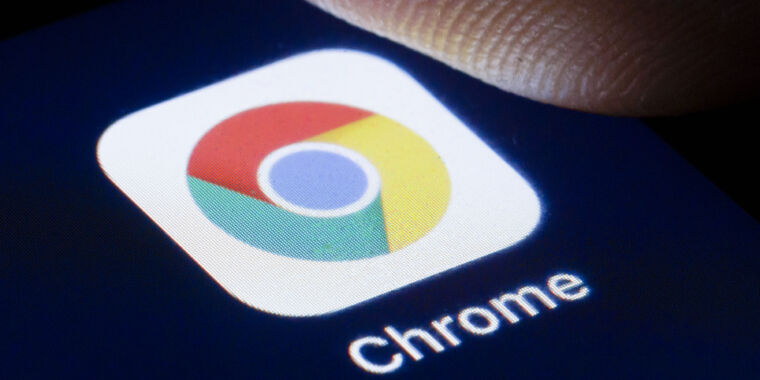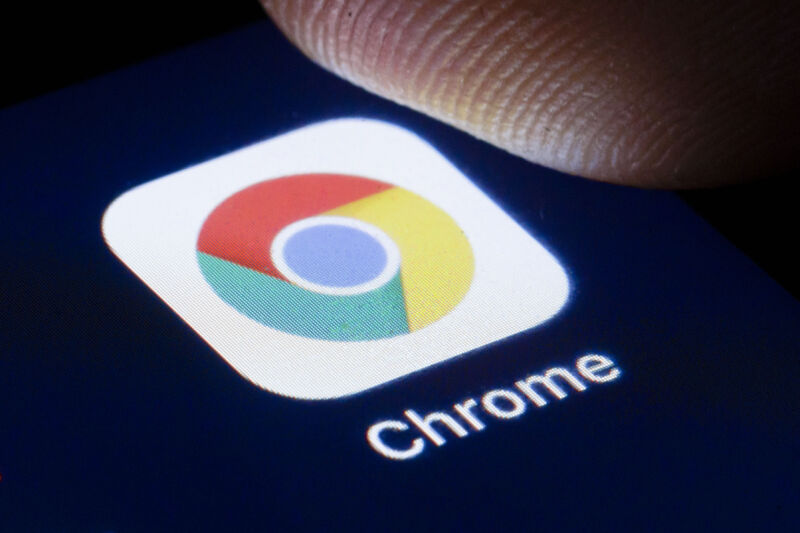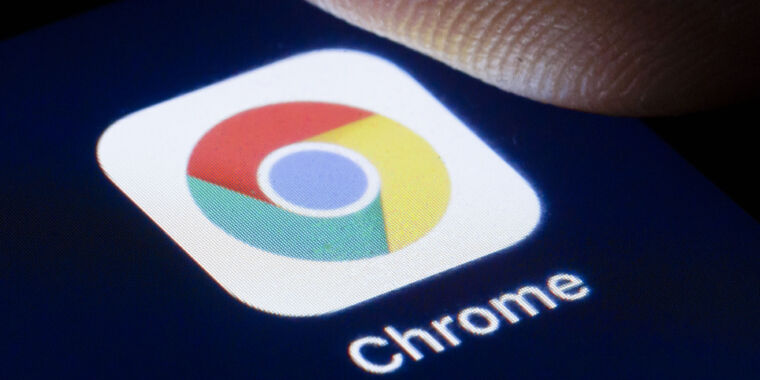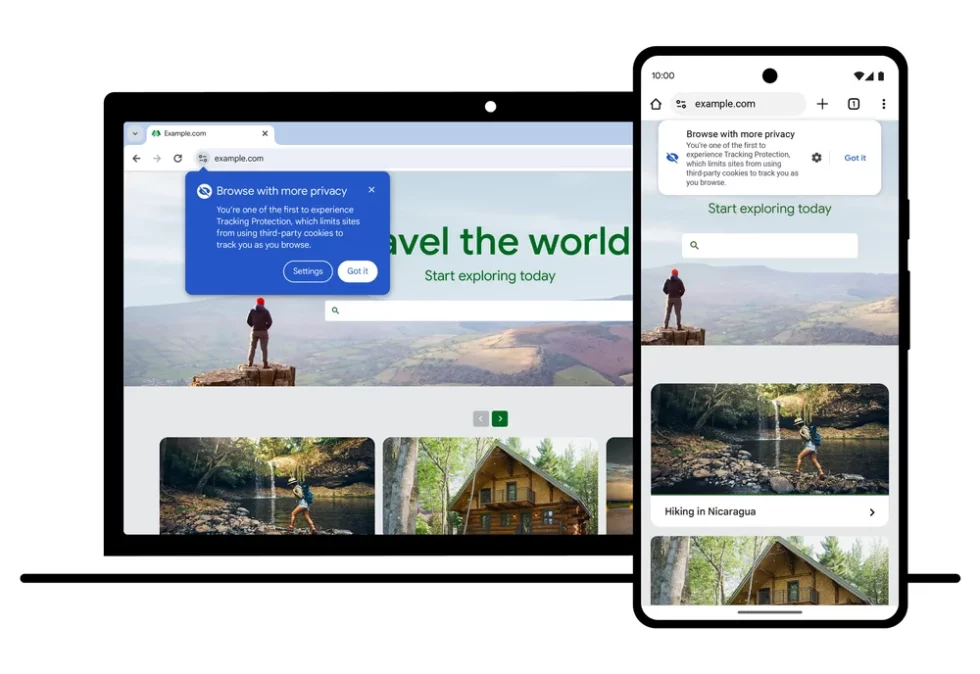Google won’t ditch third-party cookies in Chrome after all
Maintaining the status quo
While Google’s sandbox project is looking more directionless today, it is not completely ending the initiative. The team still plans to deploy promised improvements in Chrome’s Incognito Mode, which has been re-architected to preserve user privacy after numerous complaints. Incognito Mode blocks all third-party cookies, and later this year, it will gain IP protection, which masks a user’s IP address to protect against cross-site tracking.
What is Topics?
Chavez admits that this change will mean Google’s Privacy Sandbox APIs will have a “different role to play” in the market. That’s a kind way to put it. Google will continue developing these tools and will work with industry partners to find a path forward in the coming months. The company still hopes to see adoption of the Privacy Sandbox increase, but the industry is unlikely to give up on cookies voluntarily.
While Google focuses on how ad privacy has improved since it began working on the Privacy Sandbox, the changes in Google’s legal exposure are probably more relevant. Since launching the program, Google has lost three antitrust cases, two of which are relevant here: the search case currently in the remedy phase and the newly decided ad tech case. As the government begins arguing that Chrome gives Google too much power, it would be a bad look to force a realignment of the advertising industry using the dominance of Chrome.
In some ways, this is a loss—tracking cookies are undeniably terrible, and Google’s proposed alternative is better for privacy, at least on paper. However, universal adoption of the Privacy Sandbox could also give Google more power than it already has, and the supposed privacy advantages may never have fully materialized as Google continues to seek higher revenue.
Google won’t ditch third-party cookies in Chrome after all Read More »




